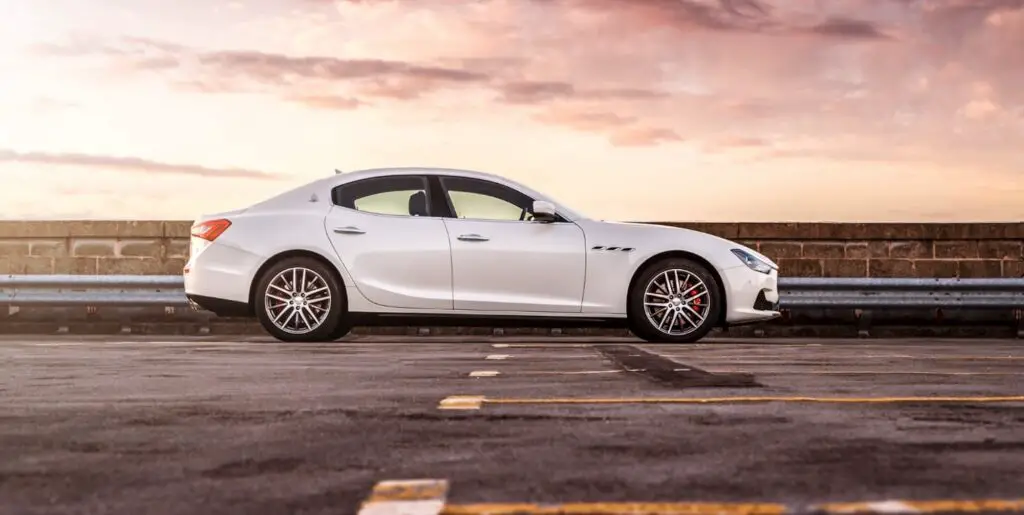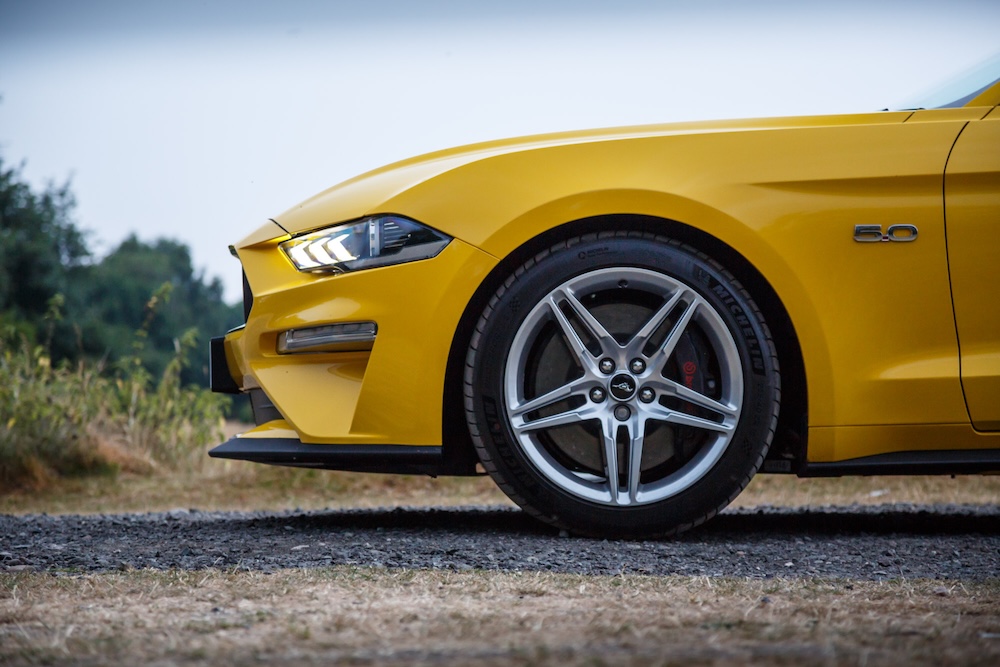By now, you’ve probably asked yourself at least once: is it better to buy a new car or a used one? It’s a decision that can feel bigger than it actually is – like choosing between cooking at home every day or finally giving in and getting that meal subscription box. Both have benefits, both come with trade-offs, and neither is a one-size-fits-all answer.
So, let’s sort through the chaos, cut through the sales jargon, and dig into what really matters when choosing between a brand-new vehicle or something gently worn (but still spry under the hood). Whether you’re a first-time buyer or trading in that rusty family SUV before another kid draws on the backseat with a crayon, this guide is here to help.
Let’s start with the shine: Why people love new cars
Buying new is like opening a fresh notebook – untouched, perfect, and full of potential. There’s that unmistakable new car smell (yep, it’s actually a mix of over 50 volatile organic compounds), the peace of mind from full warranties, and that little ego boost when your neighbor squints out the window and says, “Nice ride.”
Here’s what stands out:
- Reliability right off the lot – New vehicles come with the latest safety tech and no wear-and-tear history. For the first few years, major repairs are rare.
- Full factory warranties – Most new cars include bumper-to-bumper coverage for at least three years, with some extending powertrain warranties up to 10 years.
- Modern tech and better fuel economy – You’re not just paying for the engine. It’s the backup cameras, touchscreen systems, lane-keeping assist, and yes, those USB-C ports.
But all that sparkle comes at a cost – literally.
The depreciation drop: The not-so-fun part of buying new
This one’s a buzzkill. New cars lose value the moment you drive them off the lot. On average, they drop around 20% to 30% in value within the first year. That means your $40,000 SUV could be worth $32,000 by the time you’re setting your first maintenance appointment.
Add in sales tax, registration fees, and higher insurance premiums, and suddenly “brand-new” doesn’t feel quite as dreamy.
Now let’s talk used cars: Smart savings or a gamble?
Used vehicles often get a bad rap, but that’s more Hollywood than reality. Today’s used cars – especially those sold with certified inspections or low mileage – are a far cry from the sketchy deals your uncle warned you about.
Here’s where used cars shine:
- Lower price tags and less depreciation – Someone else already took the initial hit, and you get a nearly-new vehicle for thousands less.
- Lower insurance premiums – Since used cars are valued lower, insurers charge less for coverage (unless you go for something rare or exotic).
- Greater selection for the same budget – Want a higher trim, premium sound system, or leather seats? You’ll likely find more bang for your buck buying used.
That said, you’ll want to tread carefully.
The unknowns and the what-ifs
Used cars can come with their own mysteries – like a Carfax report that’s “mostly clean” or an engine that sounds almost right. Without full transparency, buying used might feel like you’re rolling the dice.
- Shorter or no warranty – You might be on your own for repairs unless the car is still under factory coverage or comes with a third-party plan.
- Hidden wear-and-tear – Even the most honest seller might miss something. Tires, brakes, belts – those things age fast.
- Outdated tech – Depending on the model year, you might miss out on fuel-efficient engines or newer safety features like automatic braking.
For many people, though, the money saved makes those risks worth it – especially if you’re good about inspections and don’t mind skipping the heated steering wheel.
“We bought used and saved thousands – no regrets.”
Take it from Sean B., a father of three from Kansas City, who recently relocated for work. “We needed to replace our minivan and weren’t sure if it made sense to go new with a move coming up,” he said. “We found a great used Toyota Sienna – two years old, half the cost, low miles. Plus, with the relocation, we had it transported along with the rest of our stuff. No hassle. Just showed up in our driveway.”
That’s another thing to consider – when families move across states, transporting a vehicle (or two) can be part of the whole relocation puzzle. Whether you’re buying your car on one side of the country and shipping it to the other, or simply bringing along your current ride, moving services now often include options to move family vehicles, making transitions easier and a lot less stressful.

Out-of-state buys: Smart move or red tape nightmare?
If you’re serious about finding the best deal – especially on used vehicles – don’t sleep on buying out of state. Different regions have different prices. A used hybrid might cost less in Arizona than in California, and the same pickup could go for $3,000 less in Idaho than in Florida.
Plus, some states have lower sales tax, or even none at all. Oregon, for instance, doesn’t charge sales tax on vehicle purchases. That’s not pocket change – it could mean hundreds or even thousands saved.
Now, before you pack a weekend bag and head out on a “car hunt,” remember: if you’re not planning to drive that vehicle back yourself, you’ll need to look into car shipping services. The good news? You can often arrange for the car to be delivered right to your door. It’s not just for luxury vehicles anymore – it’s becoming a go-to solution for everyday folks who want better choices without the road trip.
How long are you planning to keep it?
Here’s where things get personal.
If you’re the kind of driver who keeps cars until the wheels fall off, a new vehicle might pay off over time – lower maintenance costs early on, fewer headaches down the road. But if you trade vehicles every few years, a used car might actually cost you less in the long run.
Depreciation slows way down after the first few years, so your resale value on a well-maintained used car can stay pretty solid. After the initial drop in the first year, a new car typically loses around 15% of its value annually until it’s five years old.
Emotional perks vs financial sense
Let’s be honest – sometimes logic takes a backseat. There’s something undeniably satisfying about driving a car that’s only ever been yours. No mystery smells. No mystery dings. Just you and a machine that hasn’t been broken in yet.
But feelings don’t always equal value. If stretching your budget to get a new car means cutting corners elsewhere – like delaying retirement savings or passing up better housing – that “new car feeling” might fade faster than expected.
So… what’s the verdict?
Honestly? There isn’t a single right answer. It comes down to your lifestyle, your budget, and what kind of driver you are. Are you in it for the long haul or just passing through? Are you willing to give up a few gadgets to save a few grand?
Here’s a quick thought starter:
- Go new if you want maximum reliability, latest safety features, and don’t mind paying more upfront for long-term peace of mind.
- Go used if you’re budget-conscious, don’t mind doing a bit of research, and prefer saving money even if it means a few trade-offs.
Either way, buying a car is a big deal – but it doesn’t have to be overwhelming. A little planning, a little patience, and you’ll find the right set of wheels for your life… whether it’s fresh off the lot or already a few miles into the ride.


